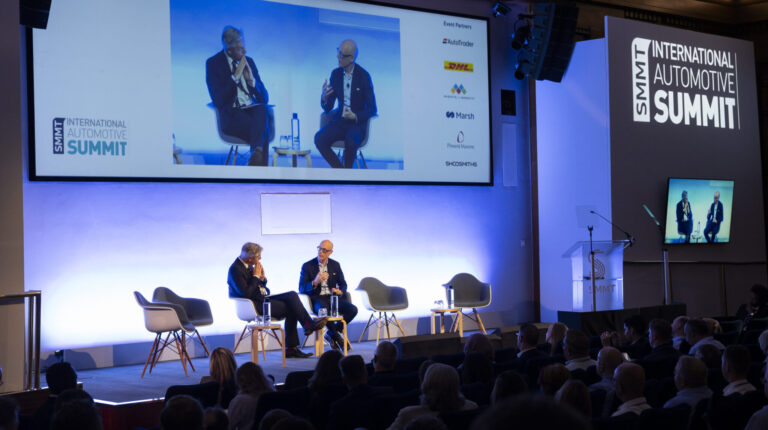The UK has a significant opportunity to lead the electrification of supercar production by investing in its domestic supply chain, according to McLaren Automotive CEO Michael Leiters.
Leiters has highlighted a need for strategic investment to meet the unique performance requirements of electric supercars, and says the UK’s “rich history in high-performance automotive manufacturing and elite motorsport” presents an opportunity for the country to become a global leader in EV supercar production.
“We must harness the skills, knowledge and ingenuity of the UK motorsport and performance car industry to create a global, high-performance centre of excellence,” he said.
Leiters says that the current UK supply chain is not adequately equipped to support the demands of electric supercar production and has called on the UK government to develop a clear industrial strategy to drive investment in future powertrain technologies.
“A clear industrial strategy, led by investment in the domestic supply chain, will deliver growth, support jobs, help decarbonize the economy and secure a vibrant future for the UK performance car industry,” he stated.

The UK, once the world’s largest vehicle exporter, still houses some of the most admired performance car brands and the majority of Formula 1 racing teams. Leiters argues that harnessing the skills and knowledge within the UK’s motorsport and performance car industries can create a “global, high-performance center of excellence”.
He also said that UK-based luxury and sports car brands command significant pricing power due to their rich histories and class-leading performance attributes which, he argues, makes investment in the sector a worthwhile endeavor: “With more than 90% of McLaren supercars being exported, the UK performance car industry provides an excellent return on investment for taxpayers.”
 Government support is crucial to mitigate the risks associated with the transition to electrification, especially given the high costs involved for low-volume, specialized suppliers. Leiters acknowledges that customer demand for electric supercars remains low due to the current technology’s inability to rival hybrid and combustion engine performance. However, he says he sees potential in investing in next-generation, high-power-dense battery cell manufacturing to position the UK at the forefront of future performance car powertrain technology.
Government support is crucial to mitigate the risks associated with the transition to electrification, especially given the high costs involved for low-volume, specialized suppliers. Leiters acknowledges that customer demand for electric supercars remains low due to the current technology’s inability to rival hybrid and combustion engine performance. However, he says he sees potential in investing in next-generation, high-power-dense battery cell manufacturing to position the UK at the forefront of future performance car powertrain technology.
High-performance battery technology must be locally sourced to meet EU ‘rules of origin’ requirements on exported vehicles. Leiters says that while the hybrid McLaren Artura powertrain has 64% UK content, this would drop to 13% if the car were a pure EV due to the lack of relevant componentry in the UK.
Historically, the luxury and high-performance market has driven technological change in the industry. Leiters cites the McLaren P1 as a technological trailblazer that demonstrated the capability of high-performance hybrid technology before mainstream adoption of electrification. Developing a pure EV McLaren supercar that can rival the performance and driver engagement of today’s supercars could, he suggests, encourage the broader transition to full electrification.
Leiters also highlighted the broader benefits of attracting the right battery suppliers to the UK: “In the future, a thriving UK supply-chain specializing in cutting-edge, high-energy-density cells would not only support supercar production but also other advanced manufacturing needs such as vertical take-off aircraft and drones.”


